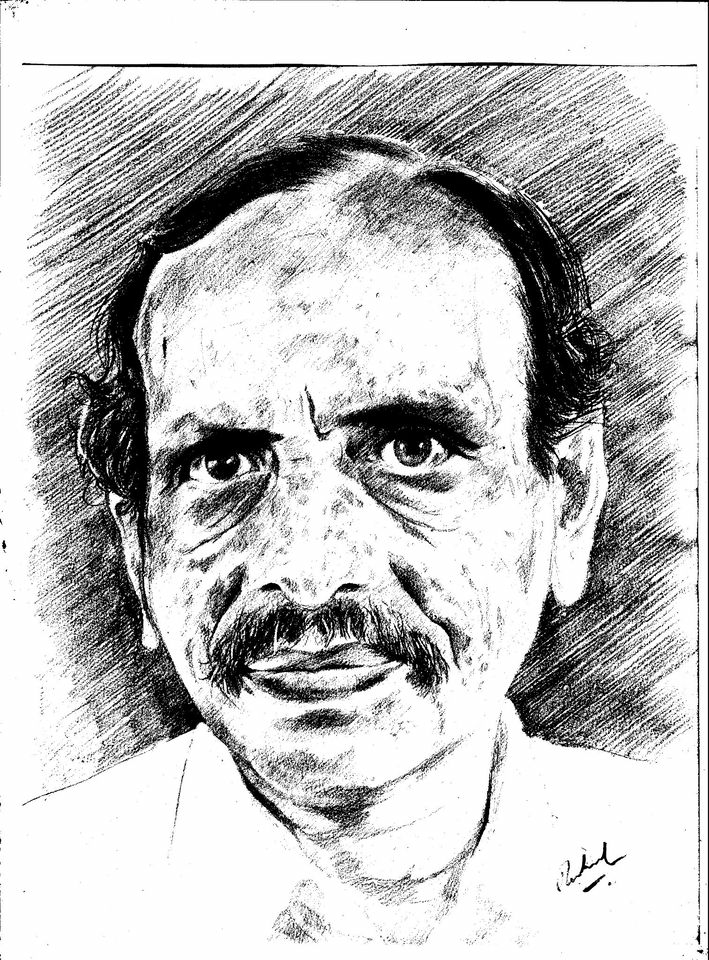The energy stored in a charged capacitor, \(\frac{1}{2}CV^2\) is shown to coincide with the expression derived from the energy density, \(\frac{\epsilon_0}{2}\big(\vec{E}\cdot\vec{E}\big)\), of static fields.
Using the expression for energy density we can compute the energy stored in a charged capacitor.Using the expression for energy density we can compute the energy stored in a charged capacitor. If the potential difference between the plates is \(V_0\) and distance between the plates \(d\), then \(E=\frac{V_0}{d}\). We assume the electric field to be uniform between the plates and negligible outside the region between the plates. The electrostatic energy is given by the energy per unit volume, {\it i.e.} \(\frac{\epsilon_0}{2}|\vec{E}|^2\) multiplied by the volume enclosed between the plates. Thus, we get
\begin{eqnarray}
W&=&\frac{\epsilon_0}{2}(Ad)\Big(\frac{V_0}{d}\Big)^2\\ \label{eq19}
\nonumber&=&\frac{\epsilon_0A}{2d}(V_0)^2 \\
\end{eqnarray}
Equating the energy to the expression \(\frac{1}{2} C V_0^2 \), where C is the capacitance of the parallel plate condenser, we get
\begin{eqnarray}
C&=&\frac{\epsilon_0A}{d} \label{eq21}.
\end{eqnarray}
Exclude node summary :
Exclude node links:
4727:Diamond Point






 ||Message]
||Message]
